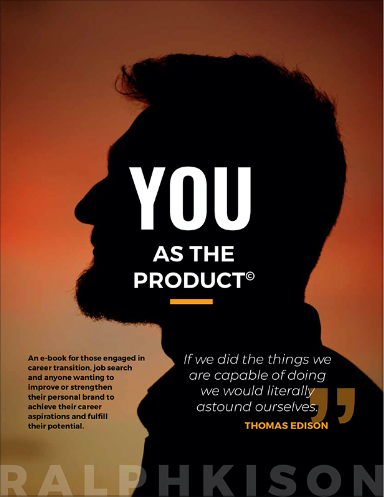“Life isn’t about finding yourself. Life is about creating yourself.” – George Bernard Shaw
As you advance within your company; professional or civic association, and are rewarded with more responsibility, rewards and influence, it is important to strategically build your personal brand.
Transitioning into a new and more important role comes with inherent challenges. The need to self-advocate for the necessary support, albeit in a professional manner without appearing to be desperate or afraid, is critical.
Typically, the more senior the role, the less structured the onboarding process, and the greater the potential of feeling disorienting or uncertain. In spite of this, you need to take responsibility for advocating for yourself. This means asking for, and seeking help and support. Do this to get up to speed quickly; become independent and succeed.
Build your go-forward strategy around these items:
Strengths – Learn how to put your best foot forward and create quick wins and impress those around you. Research shows compensating for, and developing areas of weaknesses while ignoring strengths and natural talents, reduces engagement and job satisfaction. It is also one the worst things to do when you get into a new role. This is when you want to make an impact on your new boss and colleagues by playing to your strengths and talents.
Staff – Begin developing your team in those areas where they can achieve quick wins. Nothing succeeds like success. The sooner the team becomes effective and feels good about themselves, the more risks they’ll take and more effort and creativity they’ll display. This will also create more trust and openness amongst your team members.
Law of Reciprocity – Apply this principle with colleagues as soon as possible. Don’t play the “If I do this for you, what will you do for me?” game. Give and encourage and support because it’s the right thing to do. Trust that the pay back will come if your intentions are noble and you are dealing with professional colleagues. If they are not, you’ll find out faster and be able to develop a good defensive strategy.
Goals – Ask yourself “What do I need to do in the first week, 30 days, first quarter and first year?” Ensure you understand what the objective and subjective criteria or metrics are that will used to evaluate your performance and success. This is not an area to guess at. Be sure you know exactly what is required, who will be evaluating your performance and what the positive and negative consequences are.
Blind Spots – These are also known as areas of Unconscious Incompetence. Put your E.Q. and intuition on high alert to notice those odd looks, responses or questions that people give you. Ask yourself why they are odd or unusual. Perhaps your intuition is picking up on an area, or blind spot that needs development and attention. If you don’t understand, ask questions so you don’t miss growth and development opportunities. We all have blind spots. Finding them and taking action to improve or minimize them is the key.
Personal brand building requires ongoing effort and attention. Finding that special balance between your technical and soft skills and then learning how to apply and utilize those skills effectively makes a world of difference. It also is an activity that relates to what I call Proper Selfishness. Here’s a link https://www.kison.com/proper-selfishness/ to a previous blog on the topic. I find this concept resonates powerfully with people when they understand self-advocating and self-promotion is essential in order to advance themselves and reach their goals.


Recent Comments